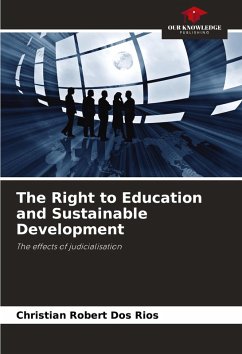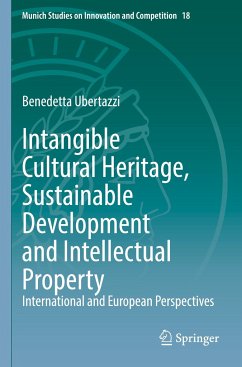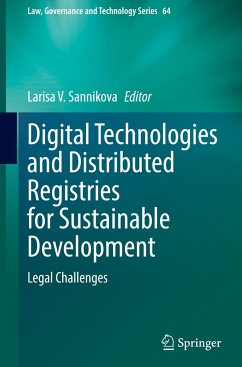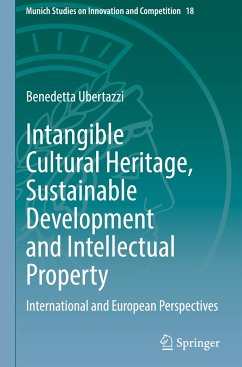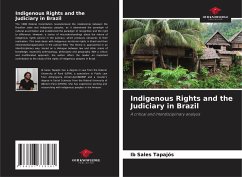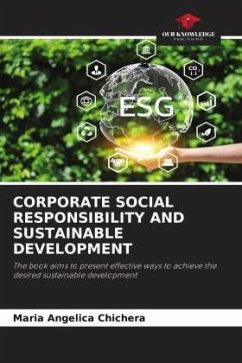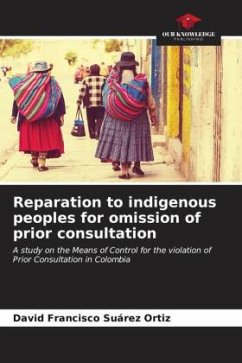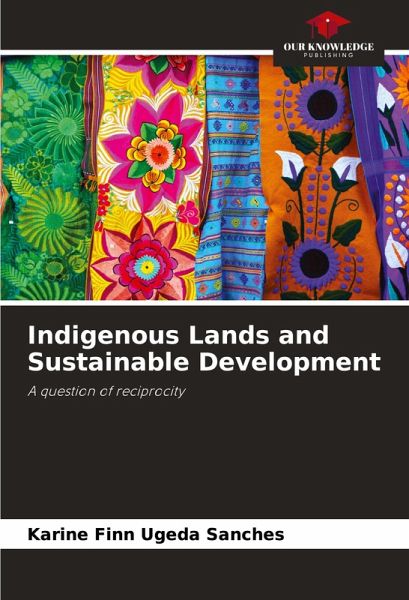
Indigenous Lands and Sustainable Development
A question of reciprocity
Versandkostenfrei!
Versandfertig in 6-10 Tagen
24,99 €
inkl. MwSt.

PAYBACK Punkte
12 °P sammeln!
Indigenous culture has changed over time, opening up space for a debate on the paradigmatic legal regime of indigenous lands and their function in 21st century societies. The countless possibilities for realisation that the open concept of sustainable development generates allows us to rethink the division of labour, which now retains the socio-environmental component. Indigenous peoples play a leading role in managing natural resources for present and future generations, but they need to be given the conditions to do so, particularly from the point of view of economic autonomy and human right...
Indigenous culture has changed over time, opening up space for a debate on the paradigmatic legal regime of indigenous lands and their function in 21st century societies. The countless possibilities for realisation that the open concept of sustainable development generates allows us to rethink the division of labour, which now retains the socio-environmental component. Indigenous peoples play a leading role in managing natural resources for present and future generations, but they need to be given the conditions to do so, particularly from the point of view of economic autonomy and human rights. This is an important factor in establishing a healthy intercultural dialogue based on reciprocity.





